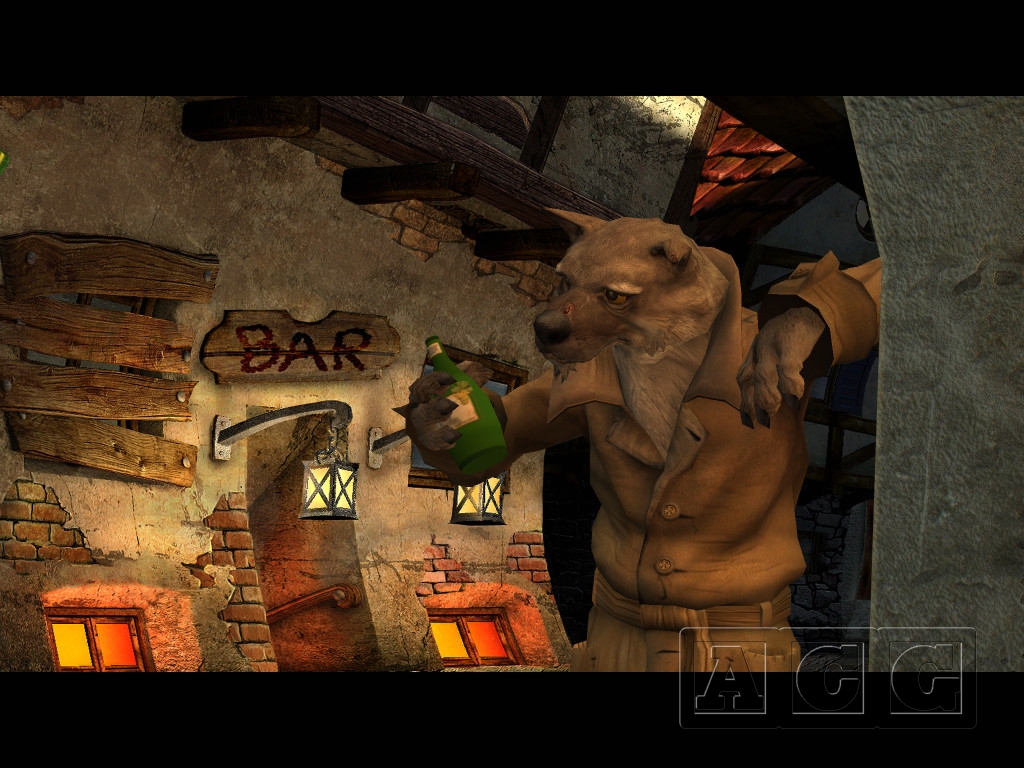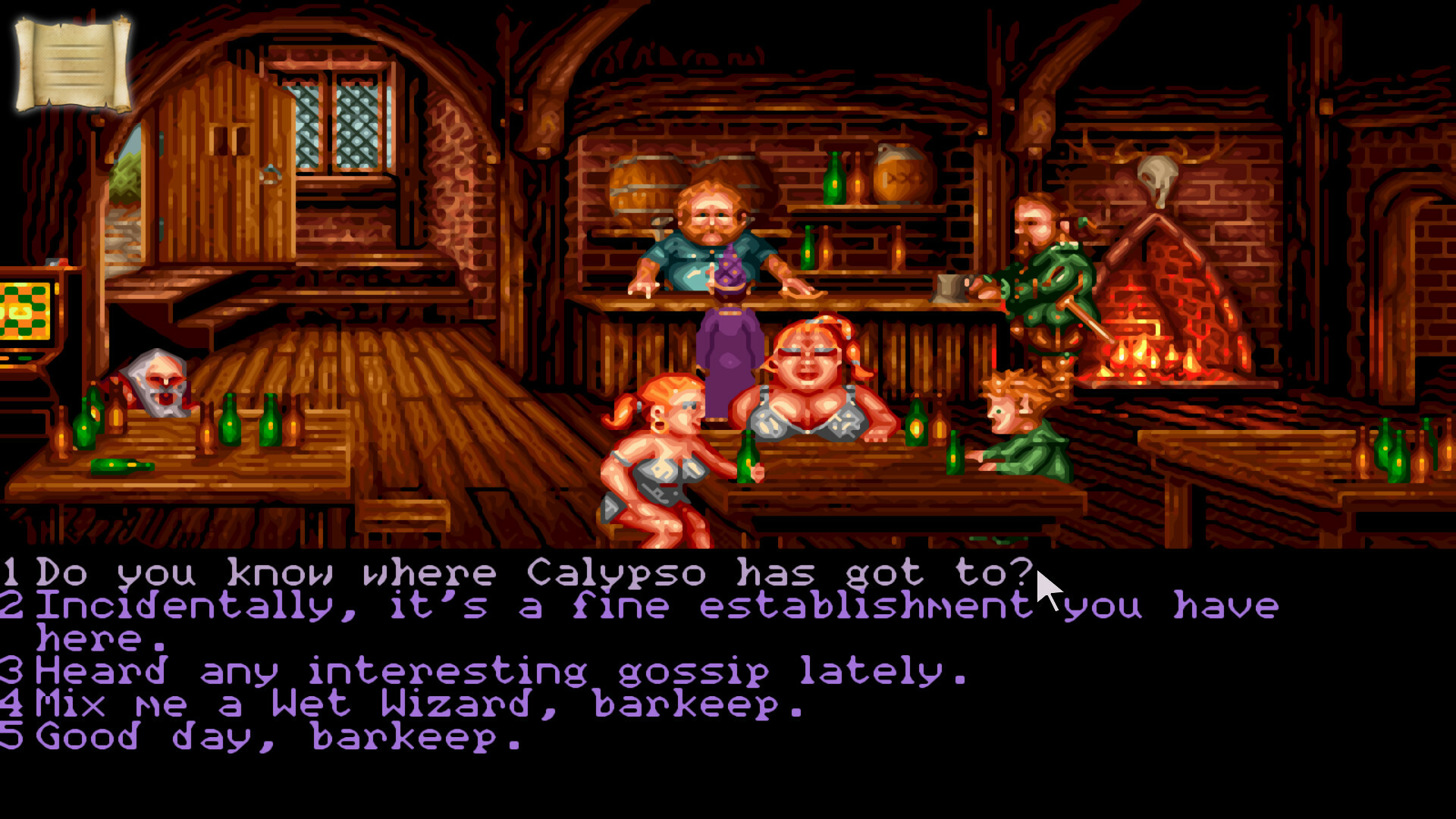

The fall of Simon Magus was customarily represented by the Byzantines in their illustrations of Psalm li. 179 et passim) and this same legend shows that the Jews regarded Simon as one of their own number. The story of this flight to Rome, whether legendary or historic, must have been well known to the Jews, since the remarkable "Toledot Yeshu" tells of a similar aerial battle that took place between Jesus and the champion of the Jews (Krauss, "Das Leben Jesu nach Jüdischen Quellen," p. While it is true that the Christians were as yet little differentiated from the Jews, and that the "faithful" might equally well have been Christians, yet the fast (the Romans believed that the Jews fasted on the Sabbath), i.e., the rest from work, is characteristically Jewish.

A later authority declares that the aerial battle with Peter took place on a Sabbath on which the faithful were holding a "proseuche" (synagogal assembly) and keeping a fast especially on account of their teacher Simon (Glycas, "Annales," ed. When, in his flight from Peter, Simon went to Rome and wished to prove his divinity by flying through the air, the Jews are said to have been his partizans and when he fell wounded to the earth, and was taken to Aricia, a small town near Rome where his grave is yet shown, Jews are alleged to have escorted him thither and their descendants lived there until 1600.

In their opposition to Christianity the Jews may have felt a certain sympathy with the teachings of Simon, thus accounting for the legends which term them his disciples. 933), he taught that He is not the father of Christ, his teaching diverges widely from the Christian doctrine, although it must be borne in mind that this statement is at variance with all other accounts. If, as is stated, besides declaring that God is unknowable and is not the creator of the world, but inexpressible, ineffable, and self-created (αὐτογένεθλον "Constitutiones Apostolicæ," vi. These traits characterize him as the Christ of the Samaritans, and at the same time show him as a most striking antithesis to the Christ of the Christians. Simon is also said to have commanded that a grave be dug for him, from which he was to arise in three days but this, it is declared, he did not do ("Philosophumena," quoted as from Hippolytus, vi. 1 "Acta Petri et Pauli," in Lipsius, "Apocryphische Apostelgeschichten und Apostellegenden," ii., part 1, pp. 23, § 1) clearly defines his teaching: "He was worshiped by many as a god, and seemed to himself to be one for among the Jews he appeared as the Son, in Samaria as the Father, and among other peoples as the Holy Ghost" (comp. In reality, however, Simon seems at first to have asserted merely that he was a Messiah, though later he claimed that he was a god. Simon was, furthermore, regarded by all the Church Fathers as the great heretic from whose school and teaching sprang all the later motley heresies of Christianity and inasmuch as his system contained Gnostic teaching, Gnosticism itself was ascribed to him, and a Gnostic figure was seen in his alleged wife Helena. The most reliable sources, including Justin Martyr, who was a Samaritan by birth, call Simon a native of Cæsarea and, in harmony with this statement, the same authorities regard him as a pupil of Dositheus, the Samaritan heresiarch (but see Dositheus). This view can hardly be correct, however, although the notice, like other similar ones, serves to show that there were such magicians even among the Jews. 114, Münster, 1900 Waitz, in "Zeitschrift für Neutestamentliche Wissenschaft," v. 170 Albert, "Die Ersten Fünfzehn Jahre der Christlichen Kirche," p. 7, § 2) so that some scholars consider the two to be identical (Hilgenfeld, "Ketzergeschichte," p. Mention is made, moreover, of a magician named Simon who lived in this very city of Cæsarea about the year 40 of the common era (Josephus, "Ant." xx. The early Christian Clementine "Recognitiones" (vii.-x.) represent Simon as a Jewish magician instead of a Samaritan, stating that he was a member of a Jewish household in Cæsarea, and that, when pursued by Peter, he fled to Judea. In spite of the definiteness of the statements regarding him, the historicity of Simon has been doubted by many critics, especially by Baur and his school, who held that he was a caricature of the "Apostle of the Gentiles." Such a view must, however, be regarded as a grave critical aberration (Harnack, "Dogmengeschichte," 1st ed., i. 9-23, he was greatly fearedthroughout Samaria on account of his magic powers but he permitted himself to be baptized, and wished to purchase the gift of the Holy Ghost, being cursed by Peter for this presumptuousness. A personage frequently mentioned in the history of primitive Christianity.


 0 kommentar(er)
0 kommentar(er)
